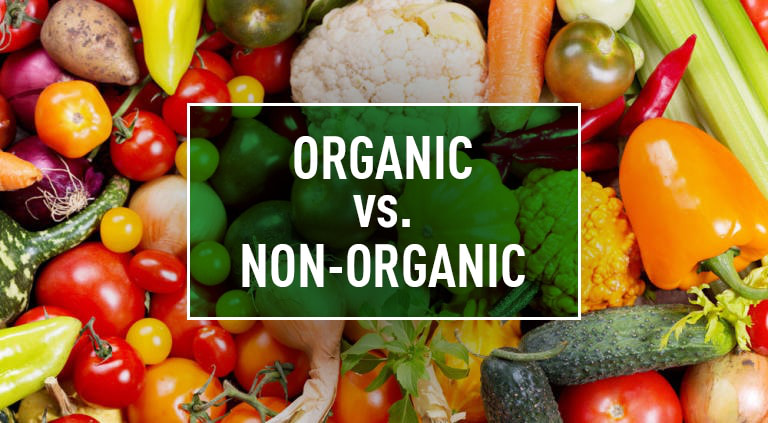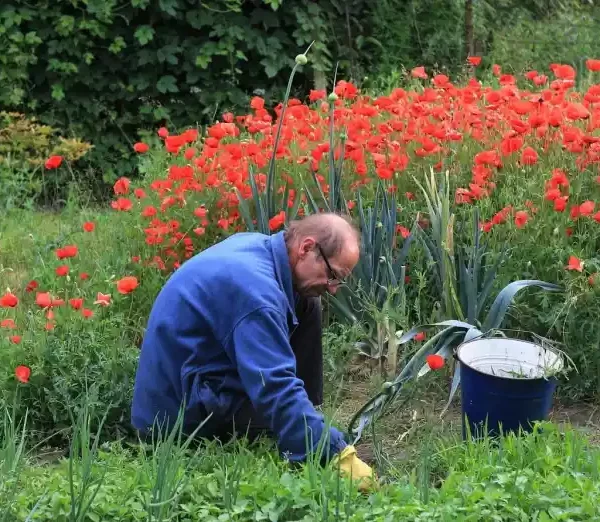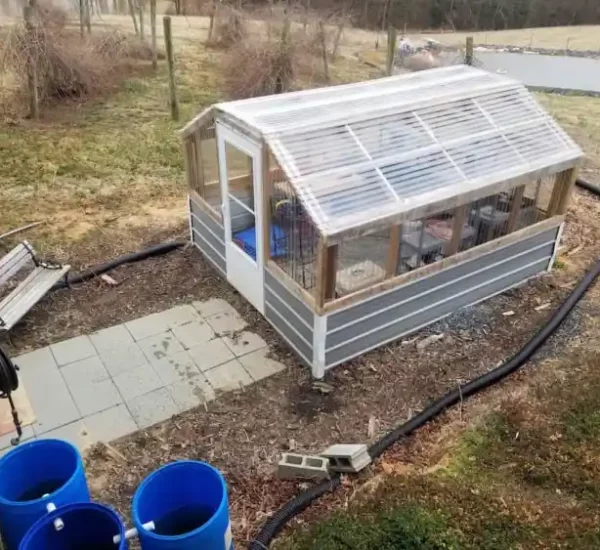Introduction
In the realm of gardening, the choice between organic and non-organic practices can significantly impact plant health, soil fertility, and environmental sustainability. While both approaches aim to cultivate healthy gardens, they differ in their principles, methods, and impacts on ecosystems. In this expert guide, we’ll delve into the distinctions between organic and non-organic gardening, exploring their practices, benefits, and potential considerations for gardeners.

Organic Gardening
Principles
Organic gardening emphasizes natural and sustainable practices that prioritize soil health, biodiversity, and ecological balance. It avoids the use of synthetic chemicals such as pesticides, herbicides, and synthetic fertilizers, opting instead for organic amendments, compost, and natural pest control methods.
Methods
Organic gardeners rely on techniques such as crop rotation, companion planting, and mulching to manage pests and diseases, improve soil structure, and promote plant growth. They prioritize building healthy soil teeming with beneficial microorganisms, which enhances nutrient availability and plant resilience.
Benefits
Organic gardening promotes environmental sustainability by minimizing chemical inputs, reducing soil erosion, and preserving beneficial insects and wildlife. It produces nutritious, flavorful produce free from synthetic residues and supports biodiversity in the garden ecosystem.
Non-Organic Gardening
Principles
Non-organic gardening, also known as conventional or traditional gardening, often relies on synthetic chemicals and fertilizers to manage pests and enhance plant growth. It may prioritize convenience and high yields over environmental sustainability and soil health.
Methods
Non-organic gardeners may use synthetic pesticides, herbicides, and fertilizers to control pests and weeds, boost plant growth, and achieve desired aesthetic results. While effective in the short term, these methods may lead to long-term soil degradation, nutrient depletion, and harm to beneficial organisms.
Benefits
Non-organic gardening can result in higher yields and faster growth rates due to the use of synthetic inputs, providing immediate solutions to pest and disease problems. It may also offer convenience for gardeners seeking quick and reliable results, particularly in commercial or large-scale operations.
Considerations for Gardeners
Environmental Impact
Organic gardening minimizes chemical runoff, soil erosion, and harm to beneficial organisms, promoting long-term soil fertility and ecosystem health. Non-organic gardening, while offering short-term benefits, may contribute to soil degradation, water pollution, and loss of biodiversity.
Health and Safety
Organic gardening prioritizes human and environmental health by reducing exposure to synthetic chemicals and promoting the consumption of pesticide-free produce. Non-organic gardening may pose risks to human health through chemical residues on produce and potential harm to wildlife and ecosystems.
Cost and Accessibility
Organic gardening practices, such as composting and natural pest control, may require more time and effort initially but can lead to cost savings over time and promote self-sufficiency. Non-organic gardening may involve higher upfront costs for synthetic inputs but may be more accessible and familiar to beginners or those with limited resources.
Conclusion
In conclusion, the choice between organic and non-organic gardening depends on individual values, goals, and circumstances. While both approaches offer benefits and challenges, organic gardening stands out for its emphasis on sustainability, soil health, and environmental stewardship. By adopting organic practices and principles, gardeners can cultivate thriving gardens while minimizing their ecological footprint and promoting the health and well-being of future generations.
What is the difference between organic and non-organic gardening?
Organic gardening prioritizes natural and sustainable practices, avoiding synthetic chemicals and fertilizers, while non-organic gardening may rely on synthetic inputs to manage pests and enhance plant growth.
Is organic gardening more environmentally friendly than non-organic gardening?
Yes, organic gardening promotes environmental sustainability by minimizing chemical runoff, soil erosion, and harm to beneficial organisms, while non-organic gardening may contribute to soil degradation, water pollution, and loss of biodiversity.
What are the benefits of organic gardening compared to non-organic gardening?
Organic gardening produces nutritious, pesticide-free produce, supports biodiversity, and promotes soil health and ecosystem resilience, whereas non-organic gardening may offer higher yields in the short term but can lead to long-term soil degradation and environmental harm.
Are there health differences between organic and non-organic produce?
Yes, organic produce is free from synthetic chemical residues, promoting human and environmental health, while non-organic produce may contain pesticide residues and synthetic additives, posing potential risks to human health.
Which gardening approach is more cost-effective in the long run?
Organic gardening practices, such as composting and natural pest control, may require more initial effort but can lead to cost savings over time, whereas non-organic gardening may involve higher upfront costs for synthetic inputs.
Can both organic and non-organic gardening methods be used together?
Yes, gardeners can integrate organic and non-organic gardening methods based on their preferences and goals, although organic gardening principles prioritize natural and sustainable practices.
What are the main challenges of organic gardening compared to non-organic gardening?
Organic gardening may require more time and effort initially, as it relies on natural pest control methods and soil-building practices, whereas non-organic gardening may offer quick solutions to pest and disease problems through synthetic inputs.
Are there regulatory differences between organic and non-organic gardening practices?
Yes, organic gardening practices are regulated by certification standards that prohibit the use of synthetic chemicals and require adherence to organic principles, while non-organic gardening may not be subject to the same regulations.
Can organic gardening methods improve soil health?
Yes, organic gardening practices such as composting, crop rotation, and cover cropping promote soil fertility, structure, and microbial activity, whereas non-organic gardening may lead to soil degradation and nutrient depletion over time.
Which gardening approach is better for promoting biodiversity?
Organic gardening promotes biodiversity by minimizing chemical inputs, preserving beneficial insects and wildlife, and creating habitat diversity, whereas non-organic gardening may contribute to habitat loss and harm to beneficial organisms through the use of synthetic chemicals.
- Best THC Sodas to Buy in Arkansas - May 28, 2025
- Exploring THC-Infused Sodas in Arkansas - May 28, 2025
- THC Beverages Now Trending in Alabama - May 28, 2025




